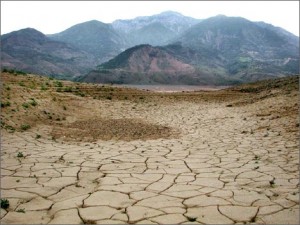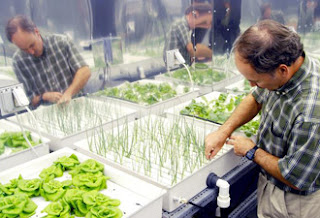Noise pollution, perpetrator of many health problems

Noise has become a very important "stress factor" in the environment of man. The term "noise pollution" has been recently used to signify the hazard of sounds which are consequence of modern day development, leading to health hazards of different type. Continuous exposure to high decibel noise can result in some adverse effects on your health. One of these hazards is acoustic trauma to the ears caused when they are subjected to the sound of an intensity of 85 dB or more without respite. The health hazards of noise pollution can be categorized into physiological and psychological hazards. While the former includes hearing loss, hypertension, disturbance in sleep patterns etc., the later includes problems such as annoyance, aggression and stress. According to a medical health guide lines, although high levels of noise for short time can lead to noise induced hearing loss early but usually 10 years of exposure is generally required for significant hearing loss to oc...






